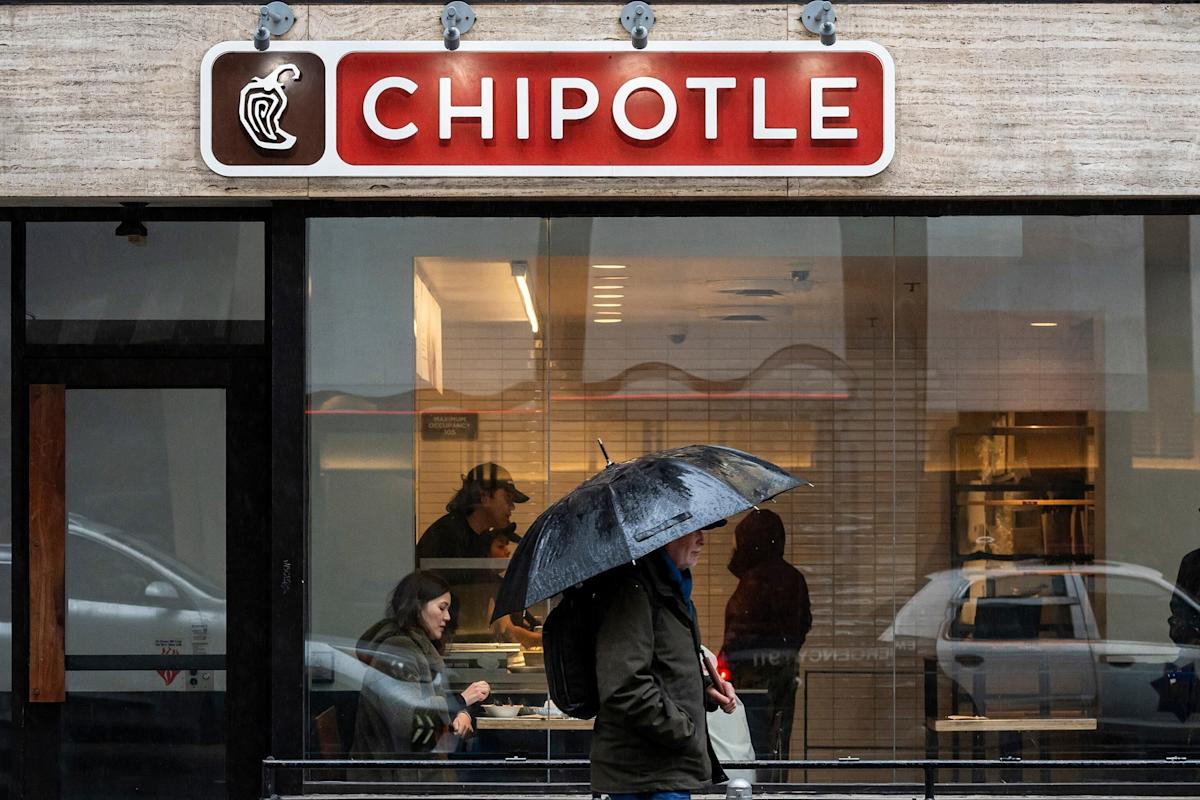Some restaurant chains are sounding the alarm about consumers
Some major restaurant chains sounded an alarm in recent days about a shopping slowdown, spotlighting a crack in the U.S. economy as inflation worsens and hiring wanes.
Household names like Chipotle and McDonald’s cautioned about flagging purchases among low-income customers. The development could hold significant stakes for the wider economy, since consumer spending accounts for about two-thirds of U.S. economic activity.
A fresh report on Friday revealed a decline in shopper attitudes in November, leaving consumer sentiment at its lowest point since 2022, University of Michigan data showed.
Trump administration asks appeals court to immediately halt ruling on SNAP funding
The survey came days after data from the Federal Reserve Bank of New York showed Americans’ household debt levels have reached a record high.
Here’s what some major restaurant chains are saying about consumer weakness, and what it could mean for the economy:
Chipotle
Chipotle Mexican Grill, which operates thousands of U.S.-based stores, faulted consumer weakness for disappointing sales in an earnings report last week.
Same-store sales, a measure of revenue generated at existing locations, is expected to decline in 2025, Chipotle said, reversing a forecast of sales growth made just months earlier.
On an earnings call, Scott Boatwright, the CEO of Chipotle, pointed to “persistent macroeconomic pressures,” saying the “gap has widened” between low-income and affluent customers.
Customers earning an annual salary below $100,000, who account for about 40% of Chipotle’s sales, are dining out less frequently due to “concerns about the economy and inflation,” Boatwright said.
Shares of Chipotle have plummeted more than 20% since the company released earnings last week, contributing to a 50% drop since the outset of this year.
Sweetgreen
Fast-casual chain Sweetgreen struggled in recent months, reporting a decline of nearly 10% in same-store sales over the quarter ending in September compared to a year ago. That dip in sales marked a sharp reversal from about 5% growth over the previous year-long period ending in September 2024.
Jamie McConnell, chief financial officer and accounting officer, said on an earnings call on Thursday the company is “seeing a step down” in consumer performance, especially among low-income and young shoppers.
“The [age] 25 to 35 consumer is the most under pressure, and they make up about 30% of our consumer base,” McConnell added. Sales to that demographic dropped by roughly 15% in the most recent quarter, he said.
Sales in the Northeast and Los Angeles –- two key regions for Sweetgreen that account for more than half of its revenue –- have shown a noticeable decline, McConnell said.



Leave a Comment
Your email address will not be published. Required fields are marked *